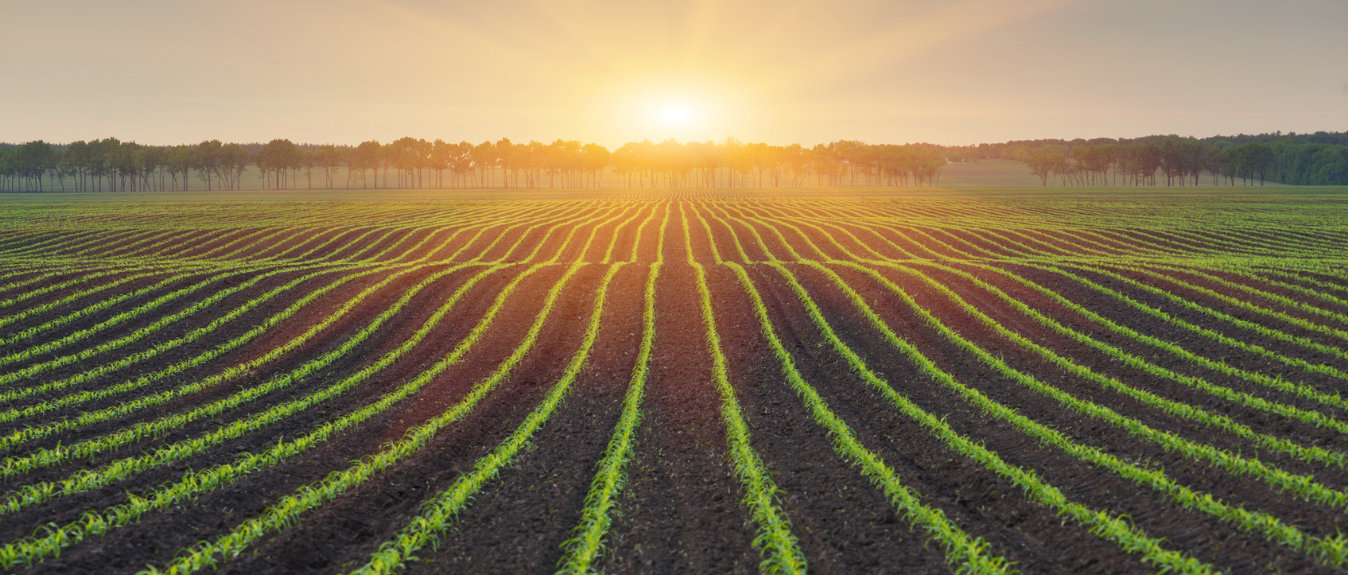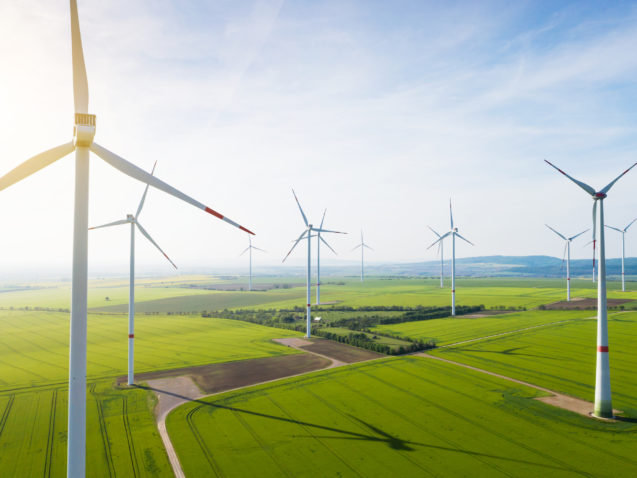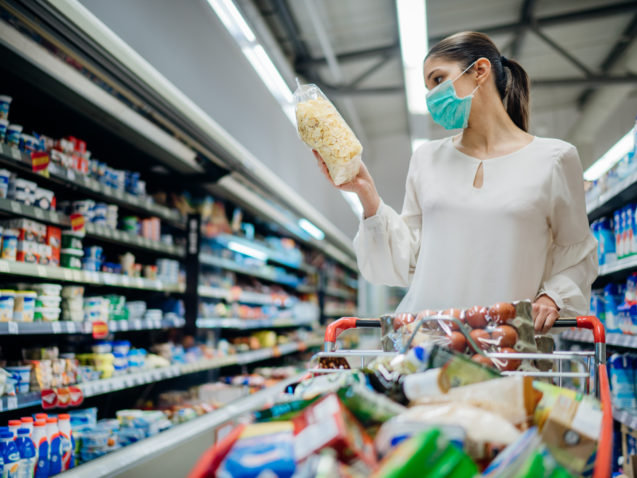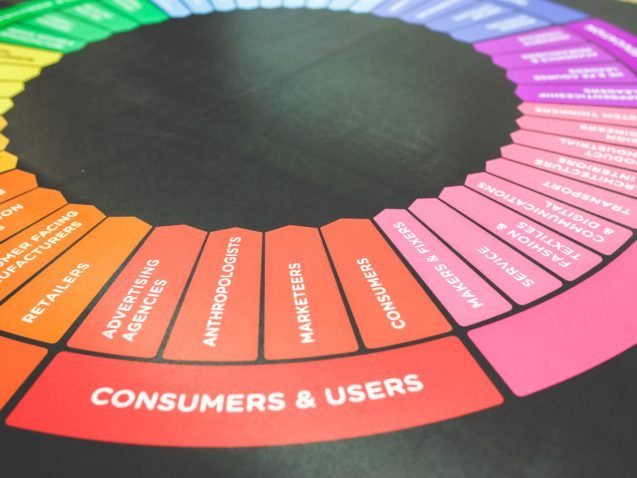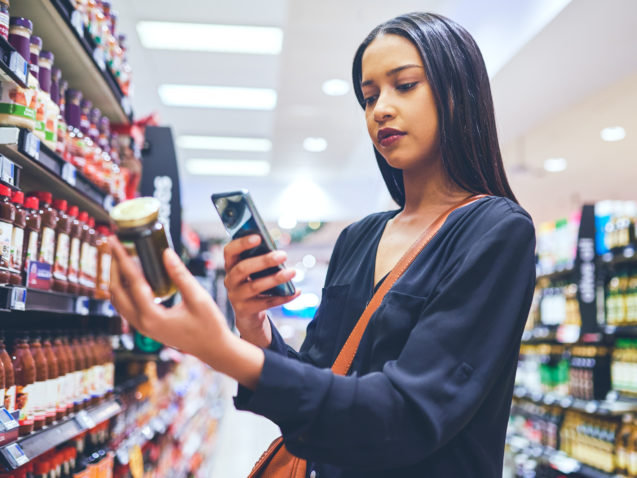With its European Green Deal and the recently published EU Farm to Fork Strategy for a fair, health and environmentally friendly food system, the European Commission has set out its vision of what it considers to be needed for a transition towards more sustainable production and consumption of food. How will Europe do so and what are the ingredients for success?
The Commission acknowledges that “European food is already a global standard for food that is safe, plentiful, nutritious and of high quality”. This could not have been achieved without the high dedication of our companies and their #FoodHeroes; maintaining this position requires continued focus, investment and support.
Equally, the Commission notes that “current food consumption patterns are unsustainable from both health and environmental points of view”. It recognises that both consumers and producers can be nudged towards more sustainable and healthy diets, acknowledging that it does not intend to tell European citizens what (or what not) to eat as dietary choices principally remain a personal matter.
The Strategy sets measures and actions from ‘farm to fork’, from the reduction of the use of chemical pesticides and fertilisers, reducing nutrient losses at agricultural level, to the development of an EU Code of Conduct for responsible business and marketing practices, initiatives to stimulate further reformulation of products in line with guidelines for healthy, sustainable diets, mandatory front-of-pack nutrition labelling, a new sustainable food labelling framework and mandatory criteria for sustainable food procurement.
At FoodDrinkEurope, we are ready to join the Commission on this journey, while being very aware of the challenges ahead of us, particularly in view of the impact of Covid-19 and the economic recession that companies will inevitably face in the coming years. I have recently written a piece on how innovation in food processing contributes to healthier and more sustainable diets, which gives a flavour of the contribution of our sector to more sustainable production and consumption.
To ensure the Farm to Fork Strategy is holistic and truly delivers on its ambition, we propose five essential principles for a systemic EU approach to sustainable and healthy diets:
- Develop clear definitions, methodologies and standards together: What constitutes a sustainable and healthy diet is subject to considerable (and not always entirely conclusive) public and scientific debate. It is therefore important to agree jointly with all relevant actors on the definitions, common methodologies and standards with regard to sustainable food and diets in the EU. For example, are we able to agree to a common approach to life-cycle assessment such as the Product Environmental Footprint (PEF) methodology when we measure and assess the environmental footprint of food? Are components of a healthy diet also sustainable per se or not, and if not, how do we manage the trade-offs? How do we factor in the different cultural food traditions and dietary habits across the EU, while creating clarity and a level-playing field to avoid fragmented approaches that are hurting consumers and producers?
- If you don’t measure, you can’t manage or improve it: The importance of comparable, reliable, up-to-date data across the EU, at (sub-) population level, cannot be underestimated. It allows to identify dietary consumption trends and patterns and targeting health and sustainability improvement initiatives where they are most critical or can make the largest impact. Our reformulation experience is telling: whereas the food industry reduced salt levels in its products by 10 per cent over a period of 7 years in the Netherlands, it did not lead to a reduction of salt consumption by Dutch citizens over the same period, suggesting that consumers may have compensated for the change (for example by adding salt back to their dishes or switching to more out-of-home consumption). We need to understand how and what people consume, what drives their decisions, and monitor their behaviours – not to judge or stigmatise people but as a means to track market realities.
- Recognise and assess complexity (but don’t let it be a stumbling block for action): The sustainability and health of our diet is incredibly complex and interacts with many factors, including affordability, consumer willingness to pay, safety, profitability, security and so forth. It is important to have a clear and independent science-base (the European Food Safety Authority!) and a thorough assessment of impacts that policy choices may have on all of these parameters, avoiding the (often politically tempting) trap of short-term, simplistic notions (no, local is not always more environmentally-friendly, organic is not necessarily healthier, sugar is not bad per se). At the same time, the complexity of the matter should not be an excuse to hold off action; it is clear that systems change is needed and everyone should contribute.
- Take everyone along in the transition, create enticing incentives for all: Provided that it is safe, no food should or needs to be excluded from the diet. In fact, food produced in many parts of Europe is often already recognised as leading in sustainability compared to players in the same category in other places in the world. Producers of all sorts and kinds, SMEs in particular, now need further incentives which reward more sustainable manufacturing practices while preserving the economic sustainability of their businesses, especially in times of Covid-19; they should not be confronted with additional burdens that limit their ability to innovate, now or in the future, and be involved positively as part of the transition.
- Overcome the reluctance to work together: there has been a certain reluctance from all sides to really work together. For instance, many in ‘the health sector’ have been wary of being seen to collaborate with ‘the industry’, which has undoubtedly led to missed opportunities – not only in terms of joint projects but also in terms of mutual understanding. Equally, we need to look at ourselves and admit that the food industry can do better in building more constructive relationships with other partners and demonstrate progress more clearly in a responsible business engagement framework.
With the right conditions and incentives that allow for a predictable and stable business environment, our industry – and the food chain at large – will be able to weather ongoing and upcoming crises and provide a meaningful contribution to the transformation that is needed to ensure that European food becomes the true global standard of sustainability. Will the Farm to Fork Strategy be able to achieve this? As always (forgive the food quote): the proof is in the pudding; it requires political leadership, good collaboration and flexibility.
“With the right conditions and incentives that allow for a predictable and stable business environment, our industry – and the food chain at large – will be able to weather ongoing and upcoming crises and provide a meaningful contribution to the transformation that is needed to ensure that European food becomes the true global standard of sustainability.”
We cannot do it alone and need support, but we are highly motivated. Feel free to get in touch with us at FoodDrinkEurope if you like to embark on this road together.


